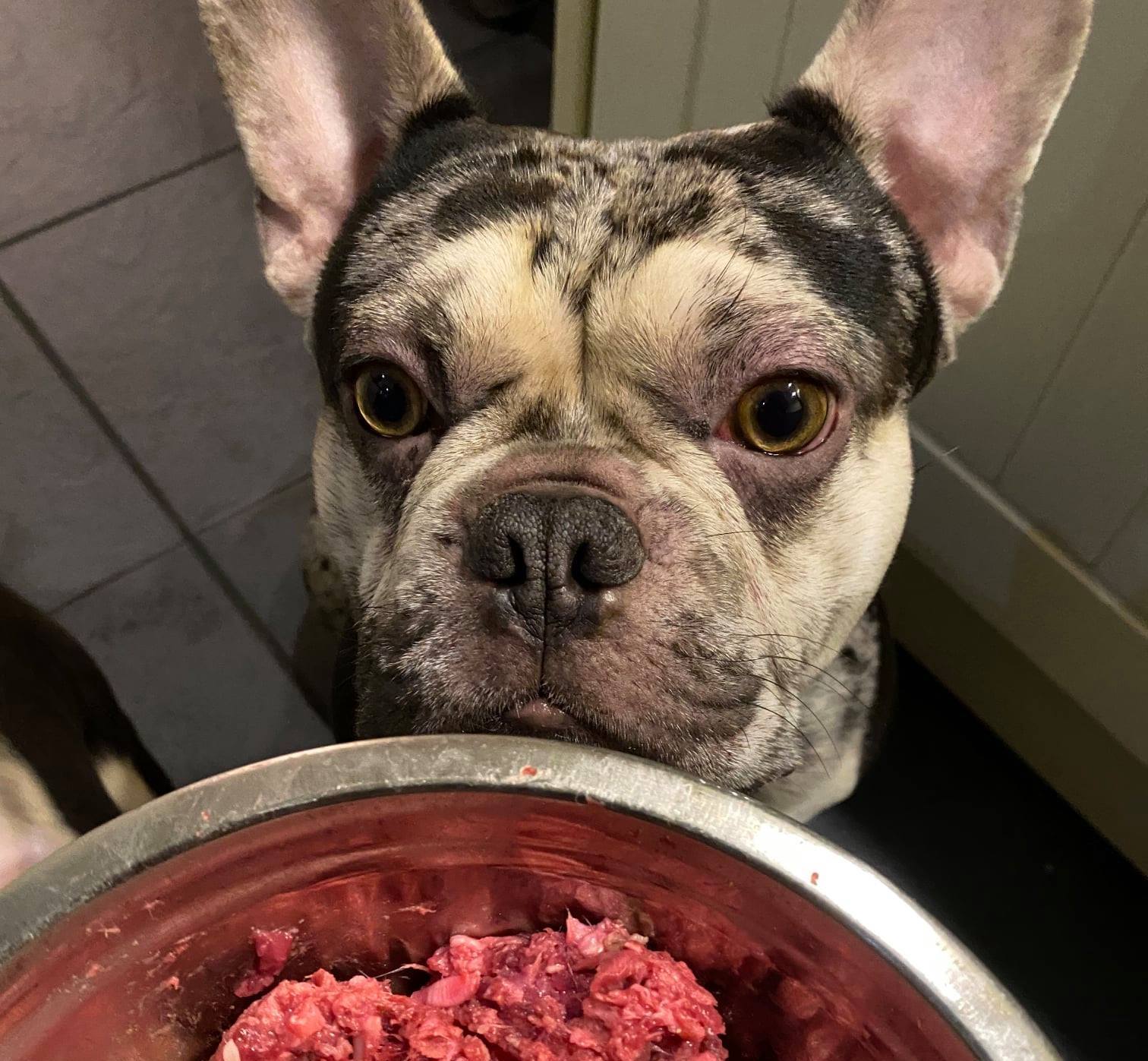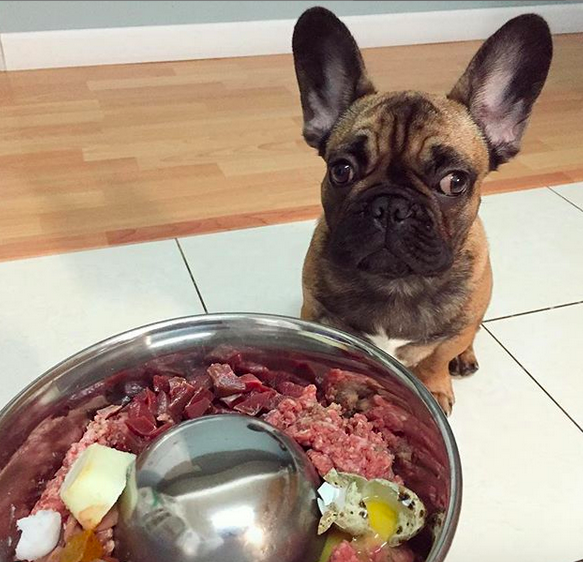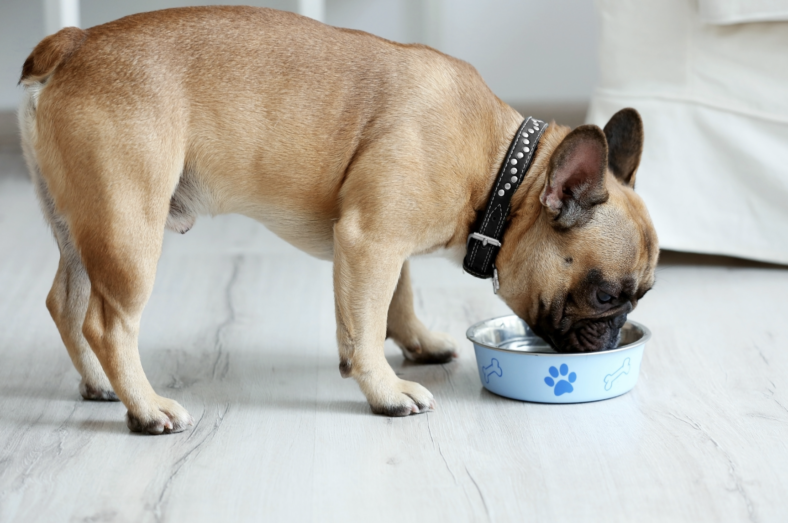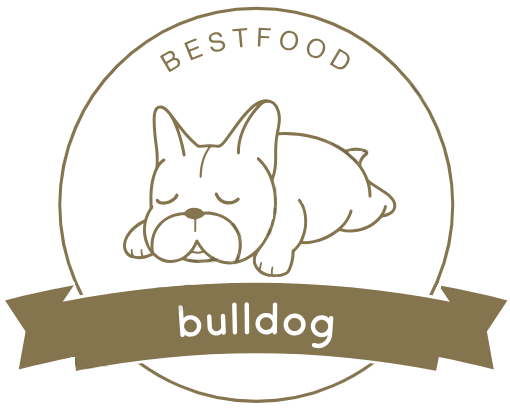
Introduction to french bulldog raw diet
Recently, there has been a growing trend in feeding French Bulldog a raw diet , sparking considerable interest. This approach emphasizes feeding natural, unprocessed foods that resemble what their ancestors might have eaten in the wild. Proponents of the raw diet for French Bulldogs suggest that it could improve their health and behavior significantly, pointing to various potential advantages.
Benefits of a french bulldog raw diet
Health Benefits
- Enhances Skin and Coat Health : Numerous owners of French Bulldogs have observed that their pets develop glossier coats and healthier skin upon transitioning to a raw diet. This improvement is attributed to the presence of natural oils and superior nutrients found in raw foods.
- Enhanced Digestive Health : Raw diets contribute to better digestion by minimizing problems such as bloating and gas, which are often caused by fillers and artificial additives absent in raw food.
- Boosted Energy Levels : By reducing processed carbohydrates and increasing protein intake, your French Bulldog is likely to experience elevated energy levels and enhanced overall vitality.
Nutritional Benefits
- Vital Nutrients : French bulldog raw diet supply crucial nutrients typically depleted during the manufacturing of commercial dog foods, such as vitamins, minerals, and amino acids.
- Optimal Nutrition : A carefully structured raw diet guarantees your dog receives a well-rounded mix of proteins, fats, and carbohydrates, essential for maintaining their overall health.
Physiological Benefits
- Improved Dental Health : Gnawing on raw bones can naturally clean your French Bulldog’s teeth, decreasing plaque accumulation and lowering the likelihood of periodontal issues.
- Enhanced Disease Resistance : Adopting a raw diet for French Bulldogs can strengthen your dog’s immune system and diminish the chances of contracting common illnesses, owing to the superior quality and unprocessed nature of the ingredients.
Key Ingredients in a French Bulldog a raw diet

Meat
- Recommended Meat Selection : Opt for chicken, beef, lamb, and turkey as ideal options. It’s important to select fresh meat that is free from antibiotics and hormones.
- Preparation Tips : Before feeding, remove any small bones that could pose a choking risk and cut the meat into appropriately sized pieces for your French Bulldog.
Bones
- Selection of Bones : Opt for non-weight-bearing bones such as chicken necks or turkey wings, as they are safer options. Avoid cooked bones due to their tendency to splinter and potentially cause internal injuries.
- Choosing Appropriately : Select bones that are large enough to prevent swallowing whole but small enough for your dog to chew safely.
Organs
- Significance : Organs such as liver, kidney, and heart are rich in nutrients and should constitute approximately 10% of your dog’s nutritional intake.
- Preparation : It’s crucial to use fresh and thoroughly cleaned organs, preferably sourced from trusted suppliers.
Raw Food Diet Recipes for French Bulldogs
Here are some french bulldog raw diet :
Raw Beef and Vegetable Mix
Ingredients:
- Freshly ground beef
- Fresh vegetables like carrots, pumpkin, and broccoli
- A small amount of fish oil or coconut oil
Directions:
- Combine finely chopped vegetables with ground beef.
- Incorporate a small amount of fish oil or coconut oil to provide essential fatty acids.
- Thoroughly mix all ingredients together.
- Divide the mixture into individual servings and refrigerate for storage.
Raw Chicken and Vegetable Medley
Ingredients:
- Freshly ground chicken (including meat, liver, neck, and bones)
- Assorted vegetables such as pumpkin, leafy greens, and root vegetables
- Optional: Raw egg
- Fish oil or coconut oil
Instructions:
- Grind fresh chicken together with a variety of vegetables.
- Incorporate raw egg if desired.
- Add a small amount of fish oil or coconut oil to enhance nutritional value.
- Thoroughly mix the ingredients and divide into small portions for storage.
Raw Turkey and Vegetable Mix
Ingredients:
- Ground turkey (includes meat and organs)
- Assorted vegetables like zucchini, spinach, and celery
- Optional: A dash of raw apple cider vinegar for potential digestive benefits
Instructions:
- Mix ground turkey with finely chopped vegetables.
- Optionally, incorporate a small amount of raw apple cider vinegar.
- Thoroughly blend all ingredients to ensure uniformity.
- Divide the mixture into suitable portions and store in the refrigerator.
Raw Fish and Veggie Delight
Ingredients:
- Fresh boneless fish (like salmon or mackerel), finely minced
- Various vegetables such as sweet potatoes, peas, and kale
- A pinch of ground flaxseed or chia seeds for omega-3 fatty acids
Instructions:
- Finely mince the boneless fish and combine it with finely chopped vegetables.
- Sprinkle ground flaxseed or chia seeds over the mixture to boost nutritional content.
- Thoroughly blend all components to ensure uniform distribution.
- Divide into smaller portions and refrigerate until ready to serve.
Please keep in mind :

- Food Safety : Always use fresh and hygienic ingredients.
- Nutritional Adequacy : Ensure the diet offers sufficient protein, fats, and essential minerals.
- Variety : Rotate ingredients to ensure a balanced nutritional intake.
- Supplements : Consider incorporating calcium supplements or bone meal to support bone health if whole bones are not fed.
- Monitoring : Regularly monitor the health of French Bulldogs and adjust their diet as needed with guidance from a veterinarian.
- Veterinary Consultation : Before transitioning to a fully raw diet, seek advice from a veterinarian to ensure it suits your dog’s specific health needs.
Starting with the french bulldog raw diet
Transitioning to a Raw Food Diet
- Step-by-Step Transition : Ease your French Bulldog into a raw diet by initially mixing small amounts with their regular food. Gradually increase the raw portion over 7-10 days to help them adjust smoothly.
- Health Monitoring : Monitor your dog closely throughout the transition phase. Watch for digestive issues like vomiting or diarrhea, and make adjustments to the diet as required.
- Nutritional Balance : Each meal should include a well-rounded combination of meat, bones, and organs to ensure your dog receives essential nutrients. Collaborate with your veterinarian to customize the diet according to your dog’s individual requirements.
Storing and Handling Raw Food
- Effective Storage : Ensure raw food is stored in sealed containers in the refrigerator or freezer to preserve freshness and prevent bacteria from multiplying.
- Hygiene Practices : After handling raw food, thoroughly wash your hands, utensils, and preparation surfaces to prevent cross-contamination.
- Serving Portions : Customize meal sizes based on your French Bulldog’s dietary requirements. Preparing meals in advance can streamline feeding routines and save time.
Consulting with a Veterinarian
- Veterinary Advice : Prior to initiating a raw diet, seek guidance from your veterinarian to confirm its appropriateness for your French Bulldog. Veterinarians offer valuable advice on portion control and ensuring balanced nutrition.
- Routine Monitoring : Schedule regular veterinary check-ups to assess your dog’s health and make any necessary dietary modifications. Regular blood tests can help ensure your dog is receiving adequate essential nutrients.
Notes and Limitations

Potential Risks
- Potential Risks of Raw Food : Raw diets may harbor harmful bacteria like Salmonella and E. coli, posing health risks to both dogs and humans. It’s crucial to procure ingredients from trustworthy sources and adhere to strict food handling practices to minimize these dangers.
- Nutritional Challenges : Without careful formulation, raw diets may lack essential nutrients, potentially leading to deficiencies or imbalances that could harm your dog. Consulting with a veterinarian or pet nutritionist is advisable to ensure the diet meets all nutritional needs.
- Bone Hazards : Even when raw, feeding bones carries risks such as dental fractures, choking, or gastrointestinal blockages. Always supervise bone consumption and select appropriate sizes and types to reduce these hazards effectively.
Cost and Accessibility
- Cost Factor : Raw diets often incur higher expenses compared to commercial dog foods, primarily due to the premium pricing of quality meats, organs, and bones. This financial aspect can pose a significant consideration for budget-conscious pet owners.
- Ingredient Availability : The availability of fresh, high-quality raw ingredients may vary depending on geographical location. While sourcing from local farmers or trusted suppliers can be advantageous, it may not always be feasible or convenient.
- Time Investment : Preparing raw meals demands considerable time and effort, involving meticulous planning, storage, and adherence to sanitation protocols. Pet owners must be willing to commit the necessary time and dedication to maintain this dietary regimen.
Special Dietary Needs
- Age and Health Considerations : Different life stages and health conditions necessitate specific dietary adjustments. For instance, puppies require increased calories and nutrients to support growth, whereas senior dogs may need modifications for conditions such as arthritis or kidney disease. Consulting with a veterinarian ensures that the raw diet is tailored to your dog’s individual needs and health status.
- Managing Body Weight : Raw diets often contain higher fat levels, which can contribute to weight gain if not monitored carefully. Regular weight checks and adjusting portion sizes are essential for maintaining a healthy weight for your French Bulldog.
Owner Commitment
- Commitment Matters : Achieving success with a raw diet hinges on consistent dedication. Unlike commercial dog food that guarantees nutritional completeness, planning each raw meal meticulously is essential to maintain nutritional balance.
- Knowledge and Support : Owners must educate themselves on canine nutrition and stay informed about current research and recommendations. Engaging with raw feeding communities or seeking advice from experts can offer valuable resources and guidance.
Environmental Impact
- Environmental Impact : The origin of meat, particularly from industrial farming, raises sustainability issues linked to carbon footprint and resource usage. Opting for eco-conscious choices like responsibly sourced or organic meats can mitigate these environmental impacts.
- Waste Handling : Effective management of raw food waste, including bones and leftovers, is essential to prevent pest attraction and maintain cleanliness standards.
Frequently Asked Questions
Q : Which option is more beneficial for French Bulldogs: French Bulldog-specific food recipes or a raw diet?
A : The choice between homemade dog food for frenchies and raw diet depends on nutritional adequacy, the dog’s individual preferences, and the owner’s ability to prepare and provide a suitable diet.
Q : Can French Bulldogs be fed a combination of raw diet and dry food?
A : You can mix raw diet with high-quality best dry dog food for french bulldogs , ensuring both provide balanced nutrition and are compatible in your dog’s digestion.
Q : Is a raw diet the best food for French Bulldogs?
A : Is a raw diet the best food for french bulldog ? There’s no definitive answer, as it depends on various factors including the dog’s health, dietary needs, and veterinary advice.
Q : What can Frenchies not eat?
A : Dog owners still wonder: ” What can Frenchies not eat ? “Frenchies should not eat foods like chocolate, grapes, raisins, onions, garlic, and anything containing caffeine or alcohol, as these can be toxic to them.
Frenchies should avoid foods such as chocolate, grapes, raisins, onions, garlic, caffeine, and alcohol, as these can be toxic to them.
Conclusion
Switching to a french bulldog raw diet can offer numerous benefits, including enhanced health, digestion, and energy levels. Nevertheless, it’s essential to seek guidance from your veterinarian before altering your pet’s diet to ensure it suits their needs. Ready to begin? Schedule a consultation with a veterinary nutritionist to customize an ideal raw diet plan for your Frenchie

Welcome to bestfoodforfrenchbulldog.org, the home of Frenchie Fuel, where we are committed to providing top-notch information and guidance on the best nutrition and food for French Bulldogs. We recognize that each dog has specific nutritional requirements, which are particularly vital for breeds like the French Bulldog. Therefore, our mission is to continuously research and discover the most effective nutritional solutions.
Our team comprises animal nutrition specialists and experienced veterinarians dedicated to offering valuable and reliable information to dog owners. In addition to expert advice, Frenchie Fuel. provides a curated selection of premium food products and accessories, carefully chosen to support the health and holistic development of your cherished French Bulldogs. Trust Frenchie Fuel. to be your reliable partner in delivering the highest quality care and nutrition for your French Bulldog!
